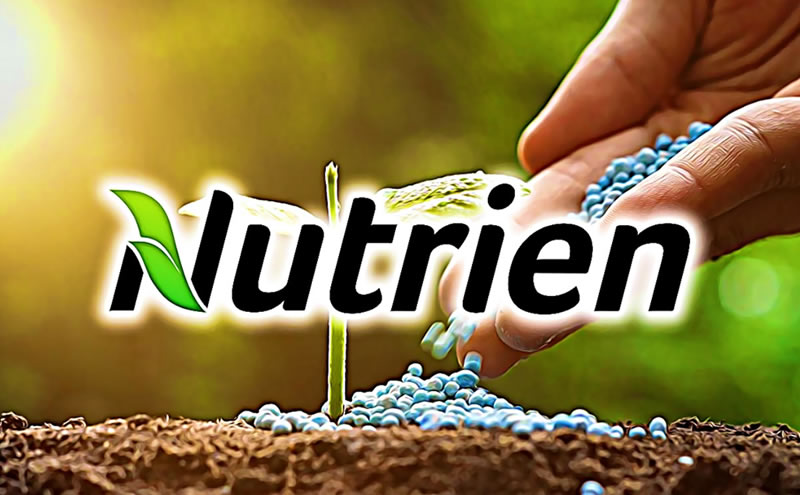Summary
* A global shortage of fertilizers is envisioned as sanctions-hit Russia and Ukraine cut supply.
* Nutrien (NYSE: NTR) will increase the production of potash and fertilizers to 14.3 million tonnes this year to meet the gap between increased demand and falling supply.
* Nutrien stock (NYSE: NTR) is primed for a jump, and this could be an opportunity to buy it before it rises.
For weeks now, the market has been in turmoil. But as the market begins to price in the impact of the Ukraine War, savvy investors would consider stocks that would benefit from the war. One of them is fertilizer stocks. Fertilizer stocks are in focus because of the global supply constraints the war will cause. Apart from oil, fertilizers are another critical resource that will surely be in short supply.
Fertilizers are used mainly by the agricultural industry. This industry produces the world’s food, and to do so efficiently, they rely primarily on fertilizers. Russia, one of the warring parties in the Ukraine war, is among the top producers. This brings about a need for concern. Recently, the United States and the EU placed sanctions on exports from Russia, literally cutting off trade relations with the country. This means that there would be a global shortage of fertilizers.
One company that will benefit from the global supply shortage in fertilizers is Canada’s Nutien (NYSE: NTR).
How Nutrien Will Respond To the Supply Shortage
The management of Nutrien, the top potash miner in the world, believes the Ukraine war will be prolonged. This is because Ukraine and Russia are two leading producers of fertilizers globally. Ken Seitz, interim chief executive, recently said that the company is anticipating a global disruption in the supply of nitrogen and potash crop nutrients. However, to counter this deficit, Nutrien will increase potash production. This is a positive outlook for the company in both the short term and long term.
Nutrien believes that this year, due to the war, it would have to run its factories “flat out” to sell 14.3 million tonnes of potash. These would be the highest sales figures in the company's history. Recently, the potash price hit a milestone of $650 per tonne, a 13-year high attributed to increasing demand and a sharp jump in crop prices after the pandemic. The price will increase further due to the Ukraine war.
A prolonged war would see Nutrien having to produce much more than projected. This will be because the supply of fertilizers from European plants might face closures. Fertilizer plants are energy-intensive, and if there is an embargo on Russian gas, these plants might not be able to function.
All this translates to increased revenue for companies like Nutrien. Analysts expect Nutrien to post revenue of $27 billion in 2022, representing a 13% revenue growth over 2021.
Now Is The Time To Buy Nutrien Stock
The fundamentals for the Nutrien stock are strong. There is a growing demand for fertilizers in most developing countries that depend on Russia's fertilizer. In addition, for the fiscal year 2021, Nutrien delivered exceptional financial returns. As a result, Nutrien is well-positioned to meet the growing demand for its products when a short supply arises.
The company is also flush with cash. Free cash flow for 2021 was $3.9 billion. That means Nutrien has lots of money to carry out plant expansions if necessary in the short and long term. To further increase value to shareholders, 22 million shares were repurchased and taken out of the market by the company in 2021. Nutrien regularly pays dividends, and recently, the Board approved a dividend of $0.48 per share for 2021,
Nutrien shares have jumped 54% for the past year. Also, due to the geopolitical crisis in Europe, shares of Nutrien continue to bounce. As a result, it is expected that before June this year, the stock price will have risen by 8.44% to $120. The stock was up 2.15% last week, leaving the company with a market capitalization of $47 billion.
Now is the time to add Nutrien stock to your portfolio. It promises to see significant gains as the war progresses.

















Rate this article